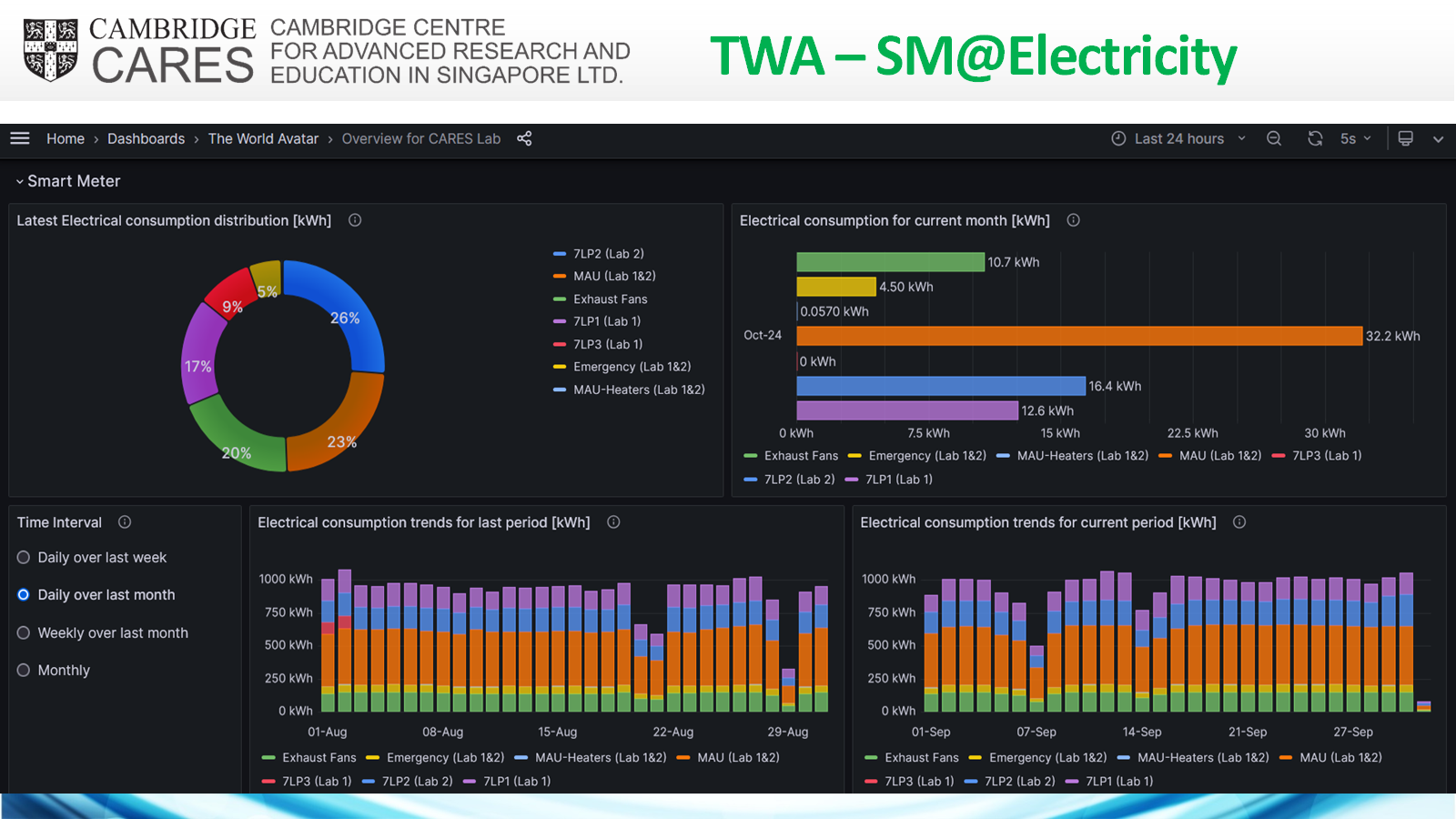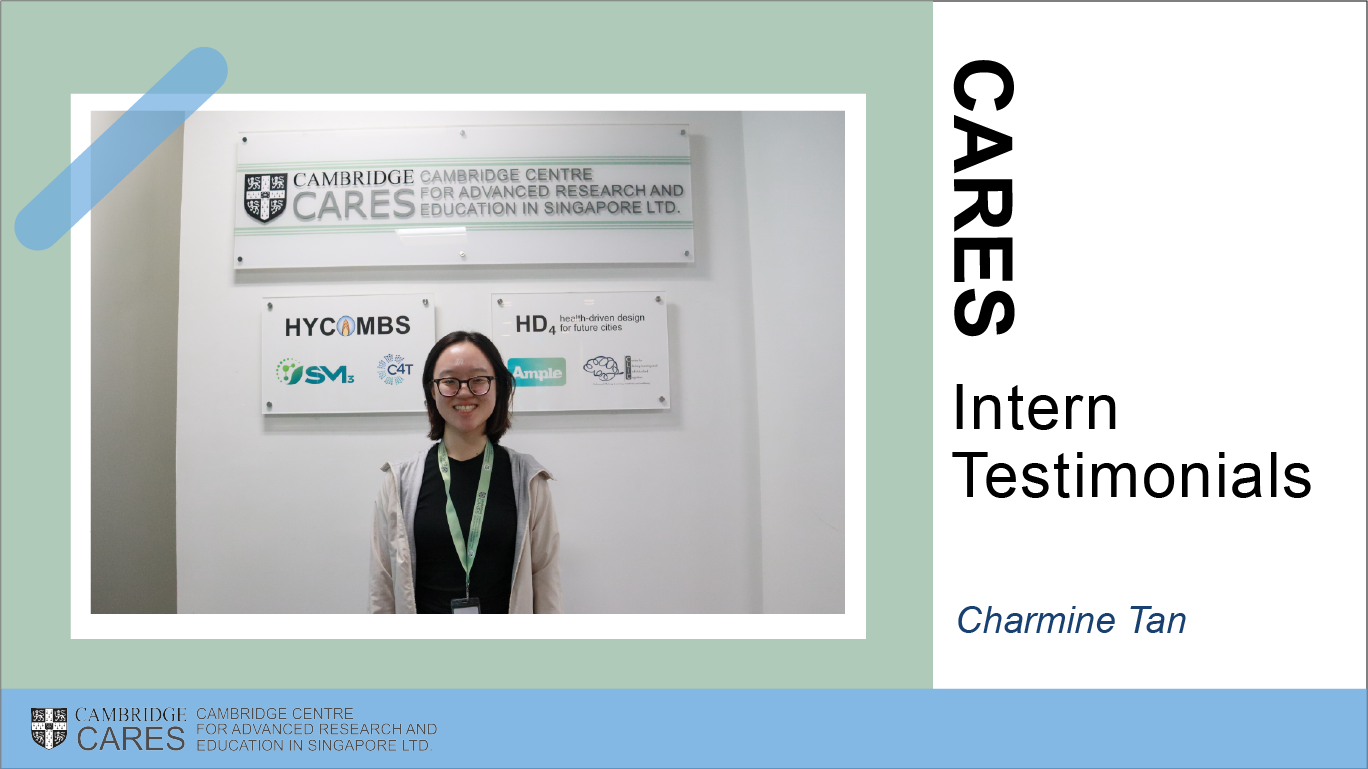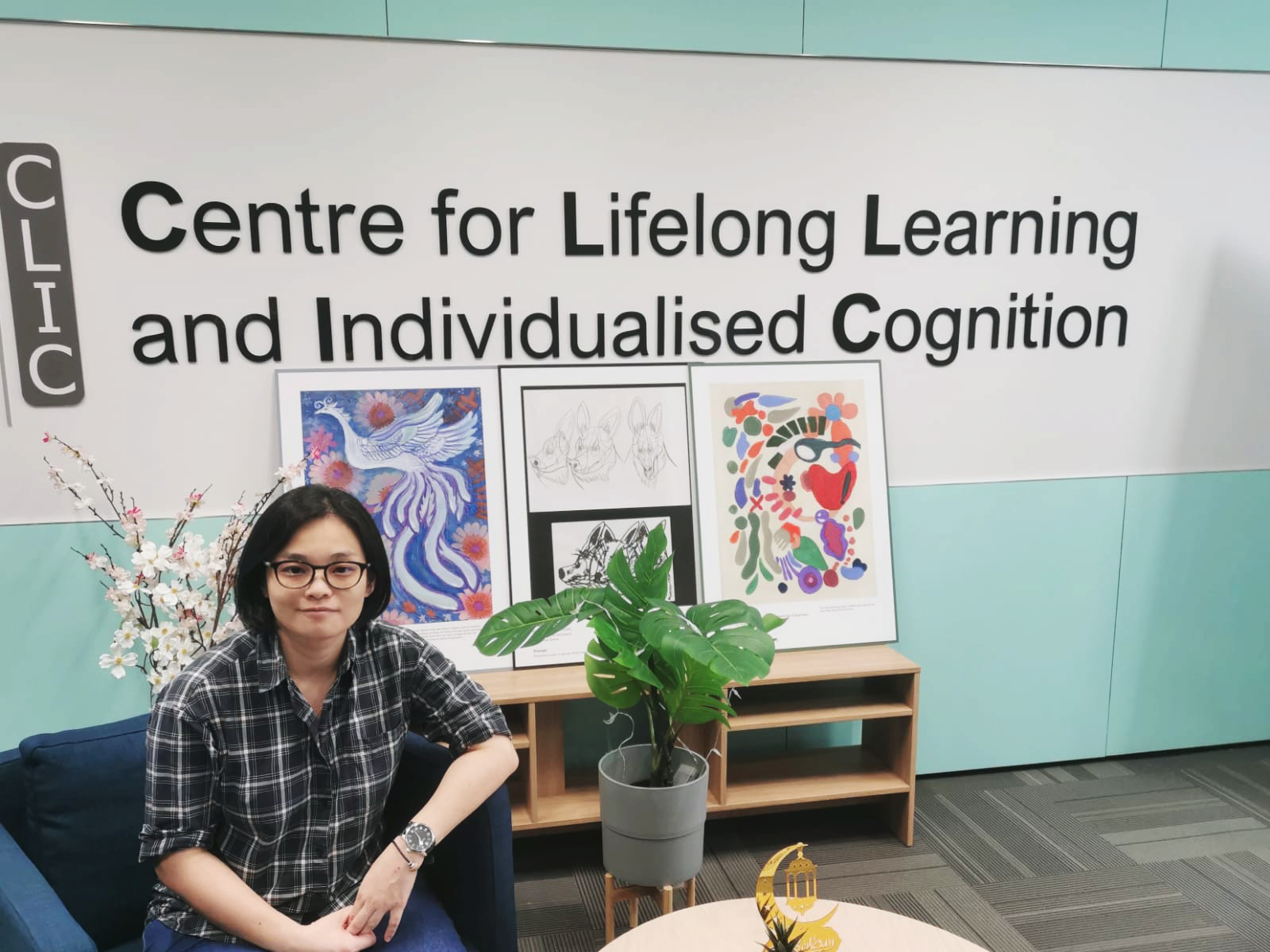
Pictured are CARES Director Prof Markus Kraft (left) and CARES Senior Lab Manager Sim Chun Siong (right).
University College London developed the Laboratory Efficiency Assessment Framework, or LEAF, to reduce the carbon footprint of laboratories worldwide by offering calculators, guides, and training programs. A tiered system was created to recognise the number of sustainability actions implemented by a lab such as reducing energy usage, optimising facilities and equipment, and practicing green procurement.
CARES recently achieved a Silver level recognition on 20 September 2024 as part of LEAF for implementing more impactful energy measures, having previously achieved the Bronze level in 2023. Researchers from The World Avatar (TWA) project contributed significantly to automating the lab by integrating the challenge into an aspect of their work.

Using the dynamic knowledge graph, they digitalised and automated the laboratory using their built Digital Lab and Facility Management Innovation Apps that resulted in a 22% reduction of kWh in electricity. Here are a few outcomes:
– Used real-time digital energy data of the lab equipment health and utilisation through the Lab Dashboard interface to optimise changing conditions without negative impacts.
– Reduced electricity by ~5% by spreading illumination homogeneously across the lab with sufficient task lighting on work areas.
– Redefined the optimal temperature setpoint of the freezers and high temperature equipment that allowed a further reduction of ~5% in energy usage consumption.
– ‘Live’ notification to equipment owner that their chemical fume hood is left open when not in operation.

TWA adopts a distributed architecture that enables data access across multiple connected domains from any location. Autonomous agents are also part of this ecosystem, capable of acting on the data and exchanging information through the dynamic knowledge graph’s technology.

A screenshot of the Lab dashboard.
This work has recently been published in the journal Nexus and showcases an integrated approach to automate and digitise the management of research facilities by deploying mixed-reality applications, empowering lab personnel to make accurate decisions remotely.

Researchers from TWA involved in this project are the Senior Lab Manager (Mr Sim Chun Siong), Assistant Project Manager (Ms Srishti Ganguly), Software Developers (Dr Yong Ren Tan, Mr Wilson Ang, Mr Hou Yee Quek, Ms Sandra Deng, and Mr Michael Laksana), and PhD Student (Mr Simon Rihm).
The team will strive to create further impact in the laboratory and are aiming for the Gold level recognition in the future.
The paper related to this research is “The Digital Lab Facility Manager: Automating Operations of Research Laboratories through ‘The World Avatar'” (DOI: 10.1016/j.ynexs.2024.100031) published in Nexus.
This research was funded by the National Research Foundation, Prime Minister’s Office, Singapore under its Campus for Research Excellence and Technological Enterprise (CREATE) programme.


